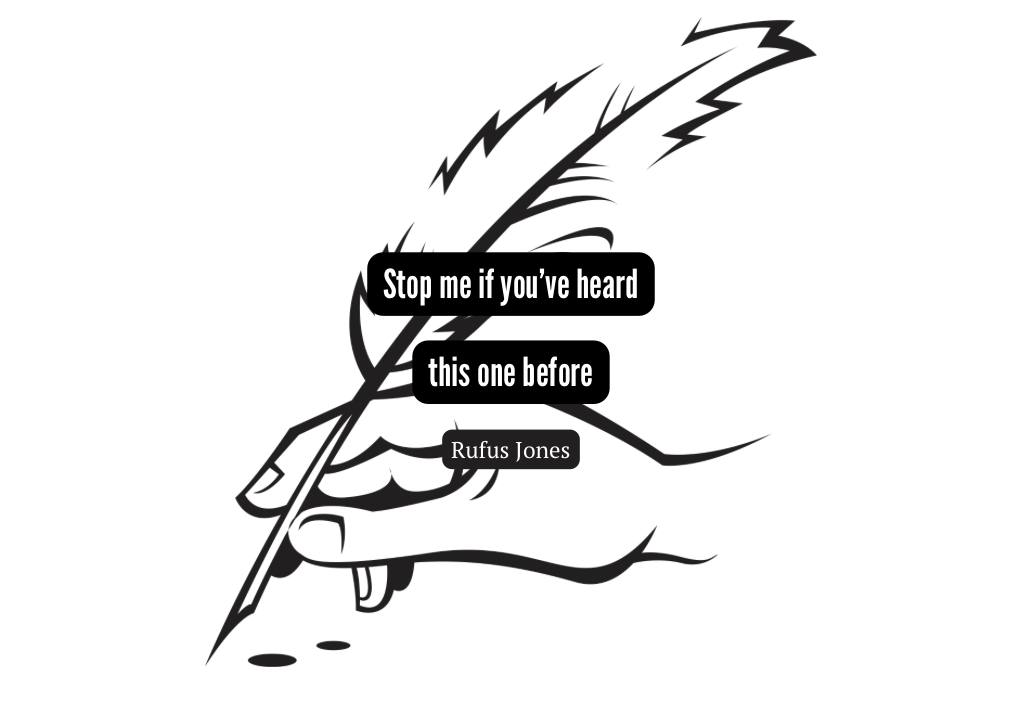Rufus’ first column of the term reviews All-Purpose Poem for State Occasions by Wendy Cope. He will be introducing a different poem to readers alongside each edition of Cherwell.
Known predominantly for The Orange, a heart-warming poem that celebrates life’s simple pleasures, Wendy Cope’s warmth and wit shine throughout her first collection, Making Cocoa for Kingsley Amis, though especially in this week’s poem All-Purpose Poem for State Occasions.
The nation rejoices or mourns
As this happy or sombre day dawns.
Our eyes will be wet
As we sit round the set,
Neglecting our flowerbeds and lawns.
As Her Majesty rides past the crowd
They’ll be silent or cheer very loud
But whatever they do
It’s undoubtedly true
That they’ll feel patriotic and proud.
In Dundee and Penzance and Ealing
We’re imbued with appropriate feeling:
We’re British and loyal
And love every royal
And tonight we shall drink till we’re reeling.
This poem’s brilliance lies in how it has succinctly captured how a good majority of the British public feel about the monarchy. While it isn’t perfect and it does have a lot of fusty traditions, they’re uniquely British ones which unite us all (usually at the pub).
The poem’s message isn’t that simple, though, and I doubt Cope herself holds such a rosy view. The necessity of an ‘all-purpose’ poem is hardly a compliment: what’s unspoken is that we’d be drowning in (probably quite dull) poems if every minor royal holiday, gala or celebration warranted an ode. Why do you think it is the Poet Laureate only unholsters their pen at suitably momentous events like a birth or death? I’m sure even the monarchy’s staunchest defenders could admit that ‘Ode on His Majesty’s Visit to the Clockmaker’s Guild of Plymouth’ would hardly incite the nation’s royal fervour.
Not adoration, not denunciation… Cope’s poem is warmly nestled in-between. Along with its clean rhyme-scheme and deceptive simplicity, it’s the poem’s abundance of good-humour that makes it so good.


